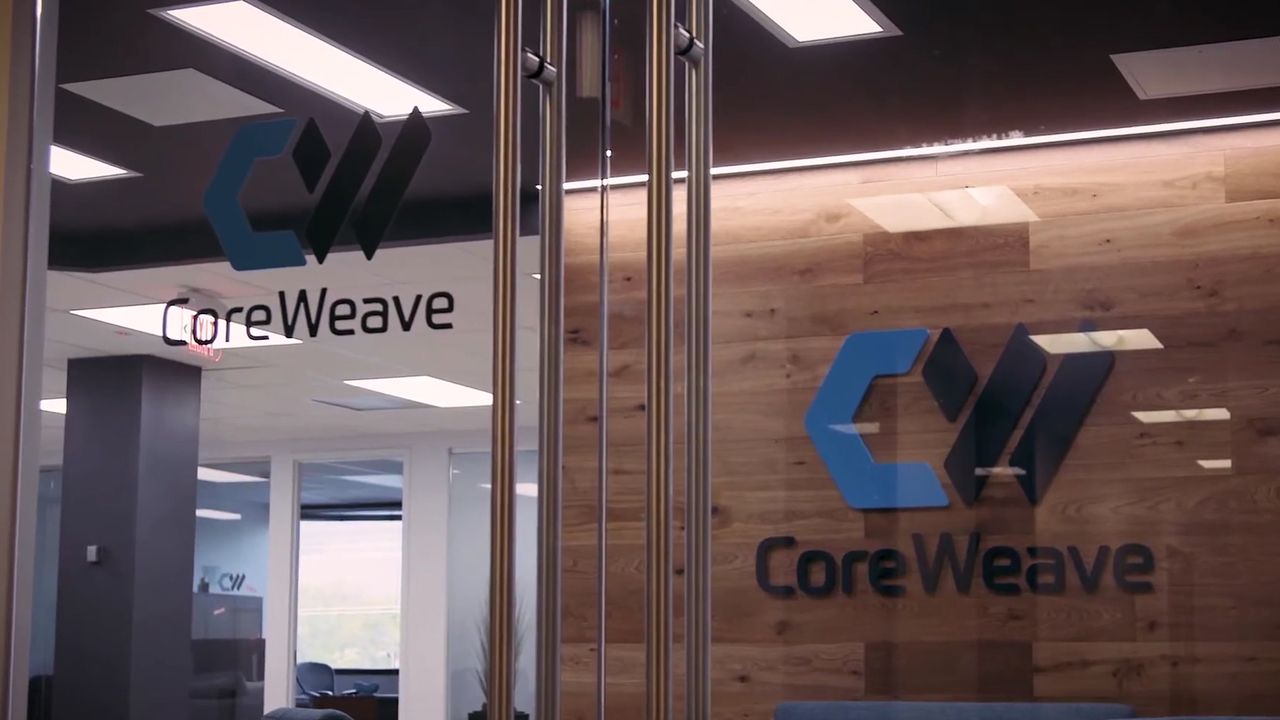
Every time a new day dawns in the world of AI, billions of dollars change hands in massive deals. The latest arrangement is by CoreWeave, signing up to provide AI datacenter capacity to OpenAI, to the tune of a cool $6.5 billion.
This collaboration is the second expansion of an existing agreement. The initial deal was struck in March for $11.9 billion, and later revised in May for an additional $4 billion. Adding up today's contract, the partnership totals $22.4 billion.
This is yet another aggressive expansion play on behalf of OpenAI, which has been cutting deals left, right, and center for as much computing power as it can get its proverbial hands on. Sam Altman's venture intends to build a massive datacenter infrastructure, but as fast-moving as the AI business is, presumably it'll take whatever it can rent right this second, as illustrated by today's CoreWeave deal.
If the CoreWeave name rings unfamiliar, it's because the company has only been making headlines fairly recently. It started out as Atlantic Crypto and invested in Ethereum mining, pivoting to renting out its GPU infrastructure to other companies. It continued to invest heavily in high-end Nvidia GPUs, a move that paid dividends around 2022, when almost every newcomer in the AI space needed the processing capacity that CoreWeave could provide.
After continued expansion and investment (including from Nvidia), CoreWeave inked a $2.3 billion debt financing deal using its H100 GPUs as collateral, in a world-first move. The company was also the first to deploy Nvidia's Blackwell GB200 (NVL72) rack units. CoreWeave currently has dozens of datacenters, mainly around the U.S., plus five locations in Europe. Microsoft is still by far its largest customer, accounting for around 70% of its revenue in the June 2025 filings.
That statement might be a bit puzzling, but it makes sense considering that CoreWeave's main business has been AI-specific datacenters and services almost from the ground up. This is in contrast to familiar names in the cloud computing industry like Amazon Web Services, Google Cloud, IBM Cloud, Oracle, and even Microsoft's own Azure.
Follow Tom's Hardware on Google News, or add us as a preferred source, to get our up-to-date news, analysis, and reviews in your feeds. Make sure to click the Follow button!







